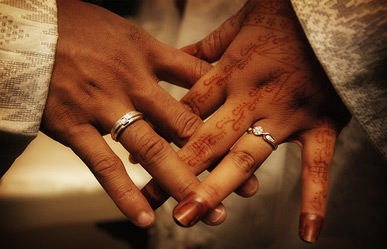
The new scheme also includes lowering the age requirement for applicants for family loans. In addition, these loans will be made available for employees who earn up to SR10,000 instead of the previous SR8,000 cap.
“The main amendments to the regulations include raising the limit of marriage loans from SR45,000 to SR60,000 and allowing salary earners of up to SR10,000 to benefit from the scheme,” said Ibrahim Al-Hanichl, general manager at the bank.
The said the company’s board of directors approved cancelling the age requirement for family loans and instead adopting a new criteria that takes into account the applicant’s income and the number of dependents he is obliged to support.
“According to the new criteria, each family member’s share averages to about SR2,000,” he said.
He said applicants are eligible for a marriage loan within a year of getting married.
In addition, applicants can now seek a second loan within a year of acquiring an initial loan instead of the previous three year-period.
The bank has offered more than 600,000 loans during the past three years worth over SR27 billion. That translates to 18,000 loans and SR800 million in loans per month.




Comments
Amazing! Its genuinely awesome post, I have got much clear idea about from this article.
Here is my webpage :: self build real estate; architectural-services-hampshire.co.uk: http://architectural-services-hampshire.co.uk/architectural-calculation…,
Add new comment